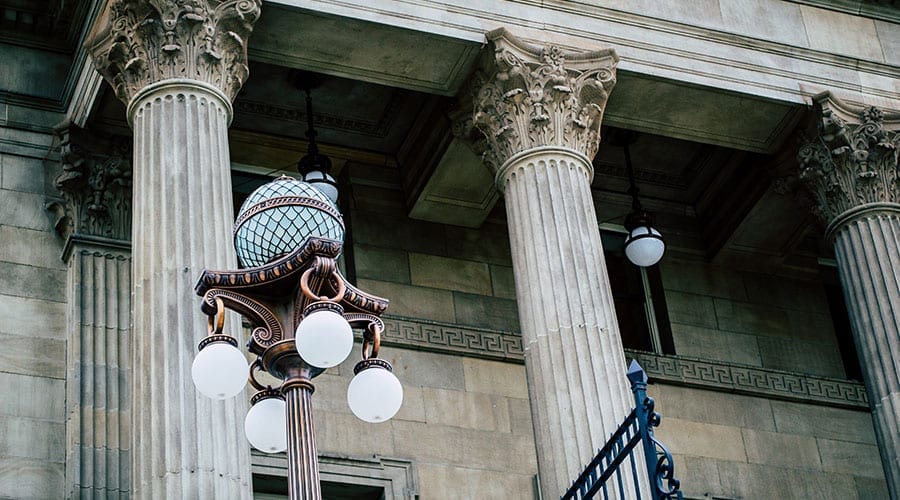A landmark judgment of the Supreme Administrative Court
On 7 February 2019, the Supreme Administrative Court delivered a landmark judgment which, among other things, defined a new way of using materials obtained in other proceedings, e.g. criminal proceedings, in tax proceedings.
The case concerned a chain of transactions in which fraud was proven to a significant group of participants, and on that basis the authorities considered themselves to relieved from the need to examine whether other entities knowingly participated in the fraud. To this end, the tax authorities used materials, including wiretapping materials, obtained in criminal proceedings regarding third parties.
The arguments presented (we were one of two attorneys) based, among others on the provisions of the Charter of Fundamental Rights and jurisprudence of the CJEU, also other than with regard to tax proceedings, was divided by the Supreme Administrative Court. The court confirmed that, especially in the light of the CJEU judgments in cases C-419/14 WebMindLicences and C-310/16 Dzivev, the specific presumption so far accepted by tax authorities of legality of obtaining (and using) evidence in criminal proceedings can no longer be accepted. On the contrary, the authorities are required to verify the correctness of obtaining this evidence, which will then be used by them in tax proceedings.
What seems particularly important is the fact that the Supreme Administrative Court confirmed that the Charter of Fundamental Rights creates real rights for citizens and taxpayers, i.e. right whose violation may result in negative consequences for the entity committing that violation. In this case, the right to privacy and communication was violated – and, among others, this violation resulted in the dismissal of the last resort appeal of tax administration authorities.
Moreover, the Supreme Administrative Court agreed with the thesis that the taxpayer’s right to defence cannot be limited due to the exclusion of certain documents from the evidence, for example due to the exclusion of their disclosure by the public prosecutor’s office. In such a situation, the court confirmed that the tax authorities are obliged to carry out the evidence requested by the taxpayer, e.g. from hearing a witness, as to the circumstances which the excluded materials relate to.
The Supreme Administrative Court also accepted our view that if one of the items of evidence obtained from criminal proceedings is wiretapping materials, the authority should obtain a recording and not accept only the transcript – thus the taxpayer has the right to become familiar with the recording and not only to the transcript of the recoding prepared not necessarily in a correct manner.
One should hope that this judgment will change the current practices of authorities and become a guideline for adjudicating panels and tax authorities in the field of fair tax proceedings and guaranteeing protection of taxpayer’s rights.
This is another important case which MDDP has taken part in (one of the two attorneys appearing before the Supreme Administrative Court was @Tomasz Michalik, who was assisted in the preparation of pleadings by @Alicja Sarna).
Case file no. I FSK 1860/17

